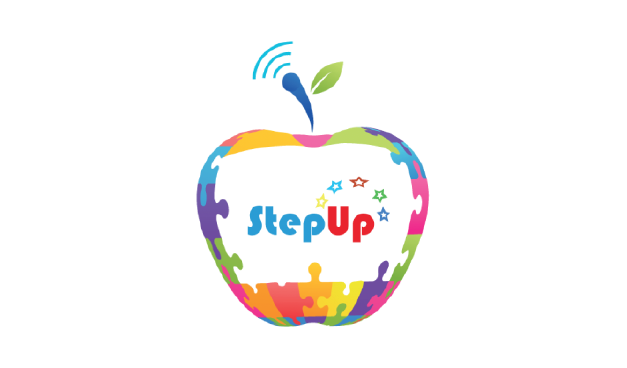Get Full Access to Lumos StepUp - Grade 6 Language Arts Literacy
Currently, you have limited access to Lumos StepUp - Grade 6 Language Arts Literacy. The Full Program includes,
Buy Practice Resources
 Online Program
Online Program
Reading Task 2
Open-Ended Question 2
- Read the passage "Two Related Bat-And-Ball Games" and the open-ended question and write your answer on a sheet of paper.
- Focus your response on the question asked.
- Answer all parts of the question and explain your answer with specific details.
- Use specific information from the story to answer all the parts of the question.
- After writing your answer click on the appropriate radio button.
Two Related Bat-and-Ball Games
I was born in Mumbai, India where the sport of cricket is very popular. As a young child, I would often play cricket with my dad, other family members, and friends. I would have to say that other than field hockey, cricket was one of my favorite sports to play in my homeland.
When I was 10 years old, my family moved to the United States. We lived in Edison, New Jersey, and I made many new friends there. Baseball was one of the first games my new friends taught me how to play. After learning how to play baseball, I wasn’t surprised that I enjoyed playing baseball just as much as I enjoyed playing cricket.
Baseball and cricket are two of the best-known related bat-and-ball games, they have many similarities. The most obvious similarity is that both baseball and cricket are played with a bat and a ball. Each sport has a person who throws a ball to a batter and a batter who tries to hit the ball. In baseball, this person is the pitcher, but in cricket, this person is called the bowler. Also in both games, there are defensive and offensive features. In cricket, the batsman is attempting to defend the wicket. In baseball, the batter wants to defend the strike zone.
Despite their similarities, the two sports also have many differences. There are eleven players on a team in cricket while a baseball team has nine players. Baseball players use thin, round bats and wear gloves to field, while cricketers use wide, flat bats and only the wicket-keeper wears gloves. Another difference between the two sports is the batting order. The batting order in baseball must be declared before the game begins, and can only be changed if a substitution occurs. When a baseball team’s manager makes a substitution, the new player must occupy the same place in the batting order as the old one, otherwise the team is in violation and will be penalized for batting out of turn. However unlike baseball, the batting order in cricket is not fixed, and can be changed at any time, as long as each player bats at least once.
Also, baseball games are generally much shorter than cricket games. A typical professional baseball game can last between two and one-half and four and one-half hours.
However, if you are playing a version of cricket known as Test cricket, the games can last up to five days with scheduled breaks each day for lunch and tea. The shorter version of the Test cricket game is called “one-day games” and usually lasts from five to seven hours, but can sometimes continue for longer than eight hours.
Both cricket and baseball represent a special part of who I am. I learned how to play cricket on native soil while I learned how to play baseball in my other homeland. I feel lucky to say that I enjoy and know how to play both sports very well.
In the passage, the narrator feels lucky to say that he enjoys and knows how to play both sports very well.
- Describe why you think the author does not like playing one game more than the other.
- Discuss why the narrator calls America his other homeland.
- Explain why you think the narrator feels lucky.









